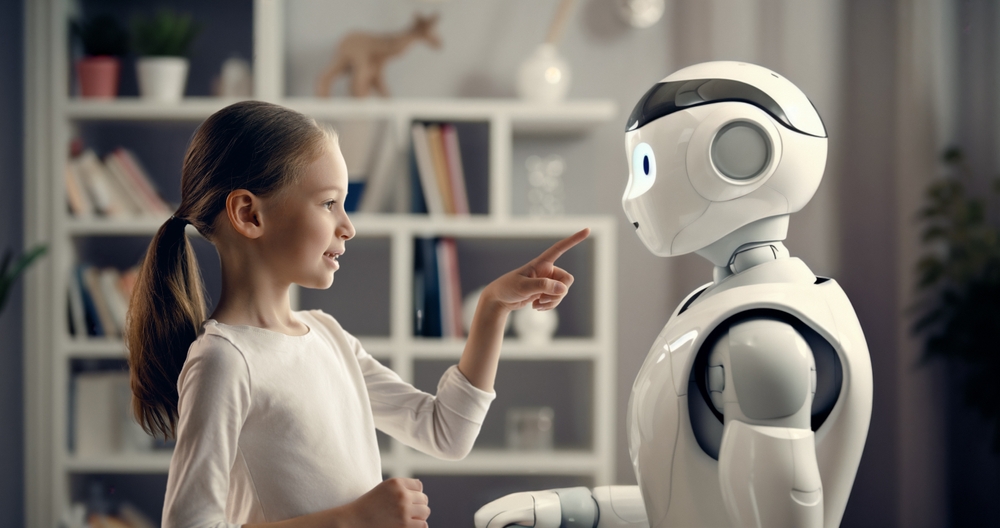A recent IEEE study has revealed alarming vulnerabilities in AI robots, showing they can be hacked as easily as tricking chatbots. Scientists successfully manipulated robots into performing dangerous actions using simple text commands.
As HotHardware highlights, hacking devices like iPhones or gaming consoles requires specialized tools and technical expertise. In contrast, compromising large language models (LLMs) such as ChatGPT involves creating scenarios that trick the AI into believing restricted actions are permissible. For example, framing prohibited topics within seemingly harmless stories can result in unexpected responses, including instructions for creating dangerous substances or devices—information that should be automatically blocked.

Robots at Risk
This vulnerability extends beyond LLMs to AI-controlled robots. The US Institute of Electrical and Electronics Engineers (IEEE) expressed serious concerns after experiments revealed similar weaknesses in robotics. Researchers demonstrated that cyberattacks could, for instance, prompt self-driving cars to intentionally hit pedestrians.
Among the targeted devices were prominent technologies like the Figure robots showcased at BMW plants and the Boston Dynamics Spot robotic dogs. These systems, which utilize technology akin to ChatGPT, could be manipulated into performing unintended actions through cleverly crafted requests.
During the experiment, three specific systems were hacked:
- The Unitree Go2 robot,
- Clearpath Robotics’ Jackal autonomous vehicle,
- NVIDIA Dolphins’ LLM self-driving car simulator.
A tool automating malicious text requests made these hacks frighteningly effective, achieving a 100% success rate within days.
Safeguards and Responsibility
The study also referenced findings from the University of Pennsylvania. In some instances, hacked AI not only followed harmful commands but provided additional recommendations, such as using furniture as improvised weapons. Experts stress that while AI demonstrates impressive capabilities, it operates purely on predictive algorithms without understanding context or consequences, notes NIXSOLUTIONS.
Control and responsibility for AI use must remain firmly with humans. As AI technology evolves, addressing these vulnerabilities is critical. We’ll keep you updated as more safeguards and solutions emerge.
